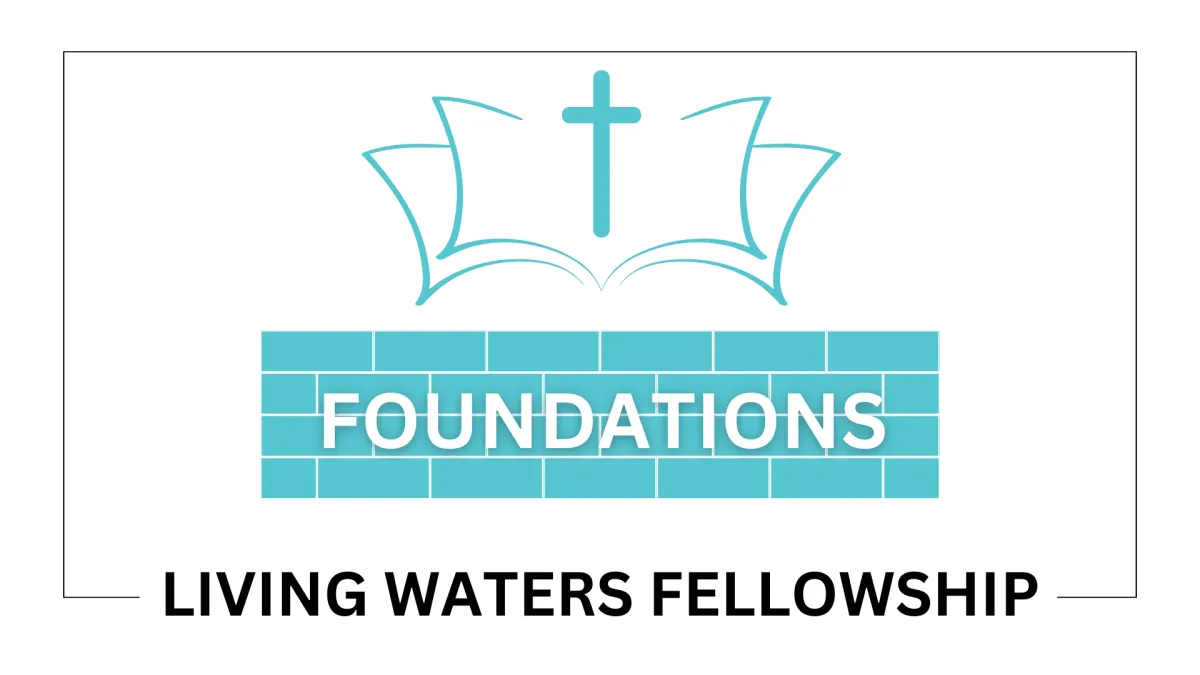I. Introduction to Christian Faith
i. Overview of the statement of faith
ii. What is biblical faith?
iii. The importance of faith in the Christian life
II. The Authority of the Bible
i. The inspiration and inerrancy of Scripture
ii. The role of the Bible in Christian faith and practice
iii. Principles of biblical interpretation
III. The Tri-unity of the Godhead
i. The nature of God as three-in-one
ii. The Father, Son, and Holy Spirit in Scripture
iii. Implications of the Trinity for faith and practice
IV. Creation, Fall, and Redemption
i. The biblical account of creation, fall, and redemption
ii. The sinfulness of humanity and our need for a savior
iii. The work of Christ on the cross and our salvation
V. The Person and Work of Jesus Christ
i. The deity and humanity of Christ
ii. The virgin birth and the life of Christ
iii. The death, burial, and resurrection of Christ
VI. The Gospel of the Grace of God
i. The message of the gospel
ii. The importance of the death, burial, and resurrection
iii. The implications of the gospel for our lives
VII. The Salvation of Sinners
VIII. The Second Coming of Christ
i. Christ's bodily ascension and heavenly enthronement
ii. The second coming and the resurrection of the dead
iii. The implications of the second coming of Christ
X. Pursuing Personal Holiness
i. The importance of personal holiness
ii. The role of discipline and self-control
iii. Sexual immorality and the honor of marriage
i. The nature of salvation
ii. The role of faith in salvation
iii. The assurance of salvation
VII. The Salvation of Sinners
i. The nature of salvation
ii. The role of faith in salvation
iii. The assurance of salvation
IX. Baptism and the Holy Spirit
i. The importance of water baptism by immersion
ii. The baptism of the Holy Spirit and tongues
iii. The gifts of the Spirit and their role in the church
XI. Divine Healing and the Lord's Supper
i. The nature of divine healing
ii. The prayer of faith
iii. The importance of the Lord's Supper for believers
XII. Eternal Life and Eternal Punishment
i. The reality of eternal life for believers
ii. The reality of eternal punishment for unbelievers
iii. The implications of eternal life and eternal punishment for Christian faith and practice




IV. Creation, Fall, and Redemption
3. The Creation, the fall of man as recorded in Genesis 1, 2 and 3; Man’s inability to attain righteousness; Righteousness is found in the Lord Jesus Christ (1 Corinthians 5:21-22, Titus 3:5-6, Romans 3:23-24).
Living Waters Fellowship FCA Statement of Faith
i. The Biblical Account of Creation, Fall, and Redemption
The biblical account of creation, the fall of humanity into sin, and redemption are presented in the very beginning of the bible in the book of Genesis. Here is a brief overview of each section along with applicable scripture references:

i. The Biblical Account of Creation, Fall, and Redemption
The biblical account of creation, the fall of humanity into sin, and redemption are presented in the very beginning of the bible in the book of Genesis. Here is a brief overview of each section along with applicable scripture references:
Creation (Genesis 1-2): In the beginning, God created the heavens and the earth. He spoke the world into existence over the course of six days, creating everything from light to living creatures. On the sixth day, God created humanity in his own image, male and female, and entrusted them with the task of stewarding his creatFall (Genesis 3):
However, Adam and Eve rebelled against God and sinned by eating from the tree of the knowledge of good and evil, which God had forbidden. This brought sin and death into the world and separated humanity from God. The consequences of this disobedience were far-reaching and affected all of creation.
Redemption (Genesis 12; 15; 17; 22): Despite the devastating effects of sin, God promised to bring about redemption through a chosen people. He called Abram (later renamed Abraham) to leave his home and go to a new land that God would give to him and his descendants. Through Abraham's offspring, God promised to bless all nations. God reaffirmed this covenant with Abraham's son Isaac, his grandson Jacob, and their descendants, who became the nation of Israel.

ii. The Sinfulness of Humanity and Our Need for a Savior
Later, God sent his Son, Jesus Christ, to be the ultimate fulfillment of this promise. Jesus, who was fully God and fully human, lived a sinless life, died on the cross to pay the penalty for humanity's sin, and rose again on the third day, conquering sin and death. Through faith in Jesus, humanity can be reconciled to God and experience eternal life.
The sinfulness of humanity is a biblical doctrine that teaches that all humans are sinners and fall short of the glory of God (Romans 3:23). This concept is rooted in the book of Genesis, where Adam and Eve's disobedience to God led to the fall of humanity and the entrance of sin into the world. As a result, all humans are born into sin and inherit a sinful nature (Psalm 51:5).
The Bible also teaches that the wages of sin is death (Romans 6:23). This means that the consequence of our sin is eternal separation from God. However, God's love for humanity is so great that He sent His Son, Jesus Christ, to die on the cross for our sins and to offer us salvation (John 3:16).
The need for a savior is rooted in the fact that we cannot save ourselves from our sinfulness. No amount of good deeds or moral behavior can make up for our sin (Ephesians 2:8-9). It is only through faith in Jesus Christ and His sacrifice on the cross that we can be saved from our sin and reconciled to God (Acts 4:12).
The Bible teaches that we must confess our sin to God, repent of our sin, and turn away from it (1 John 1:9). We must also place our faith in Jesus Christ as our Lord and Savior (Romans 10:9-10). This requires a willingness to surrender our lives to Him and to follow Him obediently (Luke 9:23).
The sinfulness of humanity is a biblical reality that underscores our need for a savior. Through faith in Jesus Christ and His sacrifice on the cross, we can be saved from our sin and reconciled to God. The Bible teaches us to confess our sin, repent, and place our faith in Christ as our Lord and Savior.

iii. The Work of Christ on the Cross and Our Salvation
The work of Christ on the cross is central to the Christian faith and is the foundation of our salvation. Through His death and resurrection, Jesus Christ made a way for us to be reconciled to God and to receive forgiveness for our sins. The Bible teaches that Jesus' death on the cross was a sacrifice that paid the penalty for our sins, which separates us from God (Romans 3:23-24, Romans 6:23). Here are some key aspects of Christ's work on the cross and their corresponding biblical references:
Atonement: The death of Christ on the cross provided a way for our sins to be forgiven and for us to be reconciled to God. This is often referred to as atonement, and it is a central concept in the Bible (Romans 5:8-11, 1 Peter 2:24, 1 John 2:2).
Redemption: Christ's death on the cross also accomplished our redemption, which means that we have been bought back from the bondage of sin and death (Ephesians 1:7, Colossians 1:13-14, Hebrews 9:12).
Propitiation: Christ's death on the cross also served as a propitiation, which means that He satisfied the wrath of God toward sin (Romans 3:25, 1 John 2:2, 1 John 4:10).
Substitution: The death of Christ on the cross was also a substitutionary sacrifice, meaning that He took our place and bore the penalty for our sins (Isaiah 53:5-6, 2 Corinthians 5:21, Galatians 3:13).
Reconciliation: Through Christ's death on the cross, we have been reconciled to God, and the enmity that once separated us from Him has been removed (Romans 5:10-11, Colossians 1:19-22).
The work of Christ on the cross accomplished our salvation by providing a way for our sins to be forgiven, reconciling us to God, and freeing us from the bondage of sin and death. These aspects of Christ's work on the cross are grounded in the biblical text and are essential to the Christian faith.